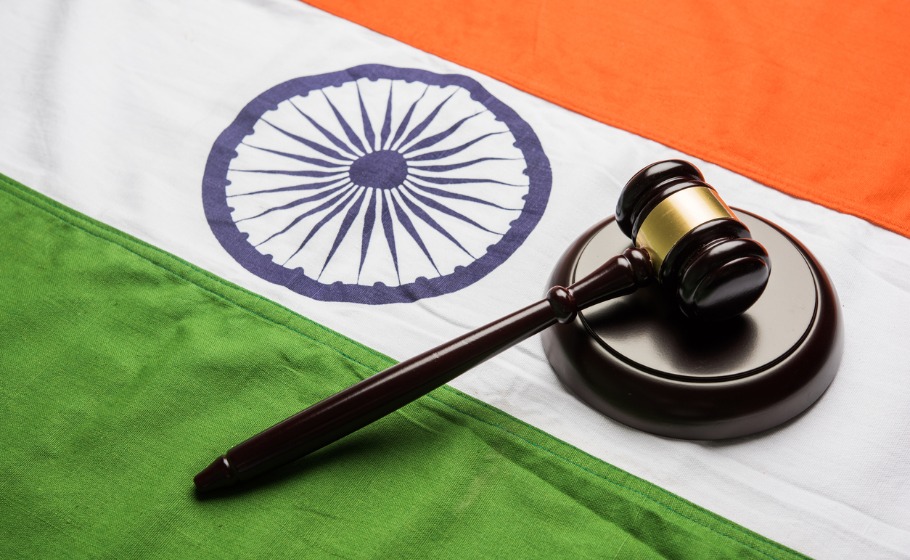
Decoding federalism in context of States Vs CBI
The Supreme Court has recently said the provision that makes state government's prior approval mandatory for the Central Bureau of Investigation (CBI)'s investigation in its jurisdiction is in tune with the principle of federalism that guarantees sharing of powers between the central and state governments.

The Supreme Court has recently said the provision that makes state government’s prior approval mandatory for the Central Bureau of Investigation (CBI)’s investigation in its jurisdiction is in tune with the principle of federalism that guarantees sharing of powers between the central and state governments.
The agency’s functioning is regulated by the Delhi Special Police Establishment (DSPE) Act, 1946. Sections 5 and 6 of the DSPE Act deal with the extension of powers and jurisdiction of special police establishment to other areas and the requirement of consent of the state governments.
Section 6 of the DSPE Act reads: “Nothing contained in section 5 shall be deemed to enable any member of the Delhi Special Police Establishment to exercise powers and jurisdiction in any area in [a State, not being a Union territory or railway area], without the consent of the Government of that State.]”
Related news | What Modi 2.0 means for India’s federal system
Referring to these two sections, the Supreme Court has said that though Section 5 enables the Centre to extend powers and jurisdiction to DSPE members beyond union territories to a state, Section 6 makes it compulsory to take prior approval from the concerned state for the same.
The Supreme Court’s clarification comes at a time when at least eight states, ruled by non-BJP parties, have withdrawn their consent to the CBI to initiate fresh probes in their jurisdictions. The states include Kerala, West Bengal, Jharkhand, Punjab, Mizoram, Jharkhand, Rajasthan and Chhattisgarh.
“Obviously, the provisions are in tune with the federal character of the Constitution,” the Supreme Court said referring to the DSPE Act sections, besides asserting that federalism has been held as one of the basic structures of the Constitution. This means, federalism is one such principle that cannot be altered in the Parliament without judicial review. The Supreme Court, being the final interpreter of the Constitution, may declared as void any law enacted by the Parliament if it violates the Constitution. Terming the provisions of the DSPE Act as in tune with the principle of federalism, the court has given a strong message regarding the rights guaranteed to the states under the constitutional sharing of powers.
Related news | Kerala becomes latest state to withdraw general consent to CBI
Meanwhile, it may be noted that the federal structure of the Indian Constitution is at times described as “quasi federal”. The Supreme Court has on multiple occasions commented on the structure of the Indian Constitution in this regard.
In the often quoted SR Bommai vs Union of India case, the Supreme Court had described federalism as “a concept which unites separate States into a Union without sacrificing their own fundamental political integrity.”
“Separate States, therefore, desire to unite so that all the member-States may share in formulation of the basic policies applicable to all and participate in the execution of decisions made in pursuance of such basic policies. Thus the essence of a federation is the existence of the Union and the States and the distribution of powers between them. Federalism, therefore, essentially implies demarcation of powers in a federal compact.”
The court has drawn references to the Constitution of the United States to further assert that there are “limitations” in the Indian Constitution that indicate it is not truly federal in nature as is commonly invoked as understood by lawyers in America.

